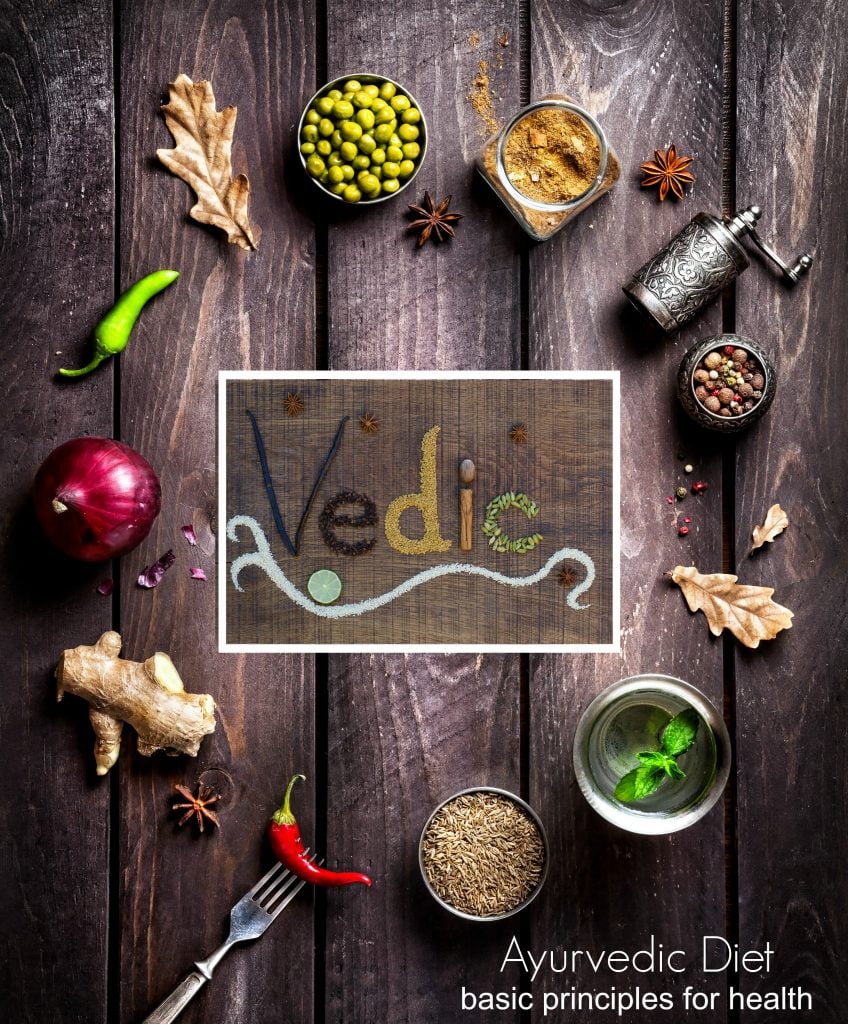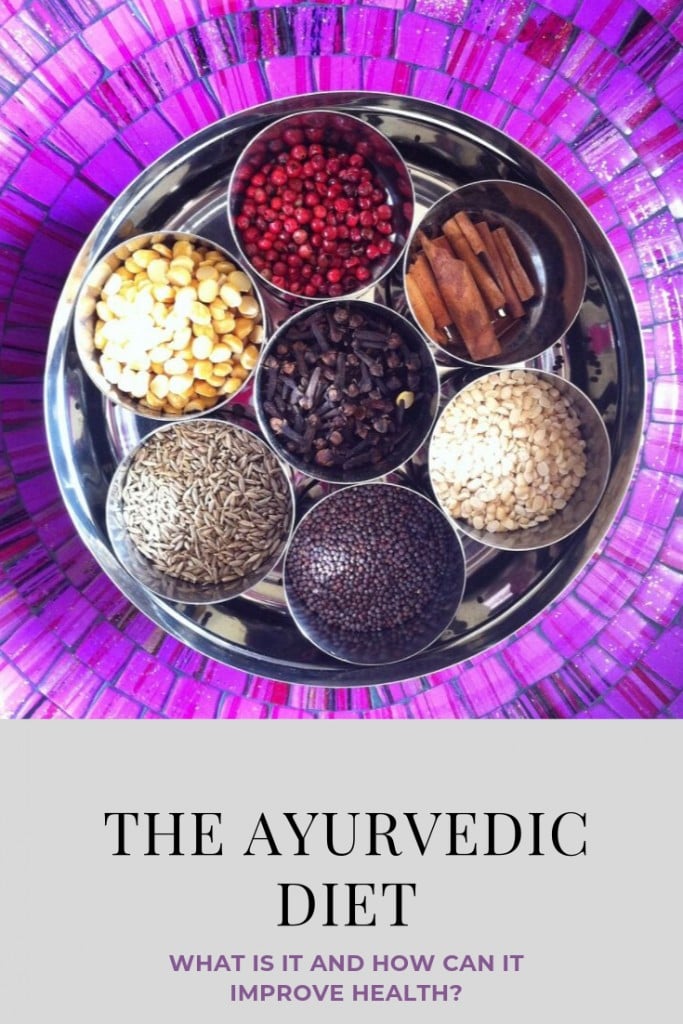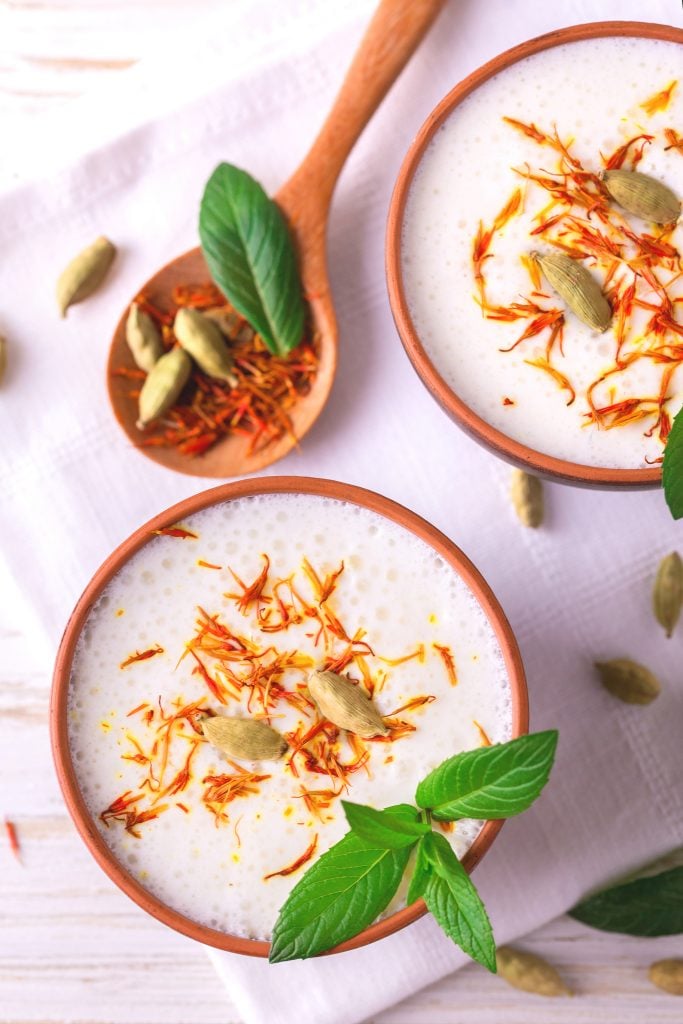While healthy eating is important to me, I am not a fan of fad diets. I don’t want to count points, live on grapefruit or fast 3 days out of every month. So, what is the Ayurvedic Diet if it isn’t a strange fad? If you are interested in getting healthier, this may be just what you need! I was impressed with the ideas behind this eating plan and wanted to share for those that are looking for a new way to eat for improved health and weight loss.
Posts feature partner companies & may be sponsored. Post contains affiliate links & I will be compensated if you make a purchase after clicking on links. As an Amazon Associate I earn from qualifying purchases.

Table of Contents
Basic Principle of the Ayurvedic Diet
What is the Ayurvedic diet and is it Right for You?
The Ayurvedic Diet offers one of the fastest paths to health, according to Dr. Oz. You no longer have to guess which foods, supplements, and behaviors are appropriate for you. According to Ayurveda, ALL good health starts with proper digestion and with the proper metabolism of food. If you suffer from depression, poor heart health, immune problems or even thyroid problems, the Ayurvedic diet may help improve your problems. Here are a few guidelines.
Food to avoid on the Ayurvedic Diet
Certain foods should be avoided in the Ayurvedic diet. These include:
- Indigestible or hard to digest foods such as wheat, meat (especially red meat) and refined sugar. They reduce the fire of digestion (Indians call it Agni) and promote the formation of mucus and toxins. The same is true for fried food, which increases the air (Vata), and a number of toxins in the body.
- Chilled foods and beverages. Avoid these (especially if you have a lot of mucus) because they greatly decrease digestion. But if you can’t change your habits, drink them separately – before or after a meal.
- Canned food and pre-cooked meals. These products don’t have the life force (Prana), and they reduce the fire of digestion and increase the number of toxins

✯Don’t want to miss the next post?✯
Follow Turning the Clock Back on Facebook | Twitter | Pinterest
Or join the private Facebook group for simple tips on going green!
Ayurvedic Diet Approved Foods
Certain foods help improve digestion and you should eat plenty of them. Consider these foods:
- Cooked vegetables (steamed, boiled or baked). And while cooking, try to spice things up with Ayurvedic spices.
- Green salads made of lettuce, spinach, sorrel, coriander, fennel, onion, mustard, celery, mint, should be dressed with oil. The best time for them is in the early afternoon.
- Grain, including rice (red, brown or white), oats (porridge), rye, corn, millet, buckwheat, millet (everything except wheat). Bread should be eaten right after baking or toasted and dried as croutons because heat and dryness stop further fermentation. Oatmeal cooked with water (not milk) with cinnamon and cardamom, coconut flakes, soaked raisins and baked fruits (like apples) can be considered an ideal breakfast because it gives energy, warms up and it’s easy to digest.
- Seeds and nuts are heavy for digestion and increase the air in the body (Vata). Peanuts and cashews should be avoided completely.
- Sweet fruits and berries are a great option. Fresh bananas, though, should be avoided during the flu, colds, coughs, and other accumulation of mucus in the respiratory system. And of course, dried fruits and berries are better to soak before eating.
- Cow’s milk is better to drink spiced and warm (perfect solution is ginger, cardamom, cinnamon, and turmeric). A good alternative to cow’s milk is rice and soybean milk. Also try fresh soft cheeses like cottage cheese, feta, and tofu. They are easy to digest and create a much smaller amount of mucus than hard (extruded) cheeses.
- Best of all is to refrain from eating meat. But if you are a heavy meat eater, then just try to stick to white meat and eat eggs in moderation.

Ayurvedic Diet General Recommendations
The way you cook or process your foods is also important. Consider these guidelines while preparing your food:
- Freshly cooked food is way better than processed. Warm, moist, liquid food is preferred to heavy, dry and solid.
- Never eat fresh fruits, milk, and meat (or fish) at the same time.
- Never heat honey above 104 °! Honey digests very slowly, and if it’s heated its molecules become a glue that sticks to cells` membranes, patches their pores, creating toxins. Remember: raw honey is nectar, cooked honey is poison. Eat only when you are hungry but not less than 3-4 hours after the previous meal.
- Eat only when you are hungry but not less than 3-4 hours after the previous meal.
- Do not eat right before going to bed. The last meal should be at least 2 hours before bedtime
- Do not use a microwave to warm up or cook food
Do you know anyone who follows the Ayurvedic Diet?

Diane is a professional blogger and nationally certified pharmacy technician at Good Pill Pharmacy. She earned her BS in Microbiology at the University of New Hampshire and has worked in cancer research, academics, and biotechnology. Concern over the growing incidence of human disease and the birth of her children led her to begin living a more natural life. She quickly realized that the information she was learning along the way could be beneficial to many others and started blogging and freelance writing to share this knowledge with others. Learn more about her HERE.


I might be able to do this diet since it focuses on fresh food as opposed to processed. I’m trying to avoid processed foods as often as I Can.
I have never heard of this diet before. Thanks for the great info, I think it might be right for me!
I’ve never heard of the Ayurvedic diet. It sounds interesting; but, there are things I like to indulge in from time to time that don’t jive with this idea.
Fantastic information! This is my first time hearing about an Ayurvedic diet, but it seems as if I primarily eat this way already! I could stand to do better about cutting out the snacks before bed, which I know would further help my digestion.
.
Do you have any recipes you could share, as this diet seems to be new to a lot of us. Thanks for all your great ideas and information.
Also any suggestions on how to change ones diet since they were diagnosed with colon cancer and underwent surgery and will be starting chemo. Any suggestions would be greatly appreciated.
Thanks,
Alison
I’ve never heard of this diet before but it sounds healthy. I’ll have to look into the Ayurvedic Diet more and see if it’s something I might try.